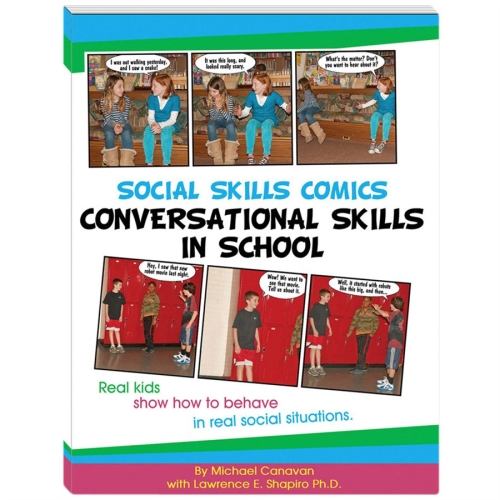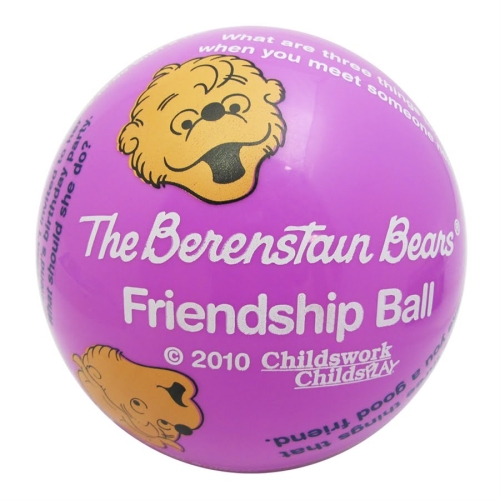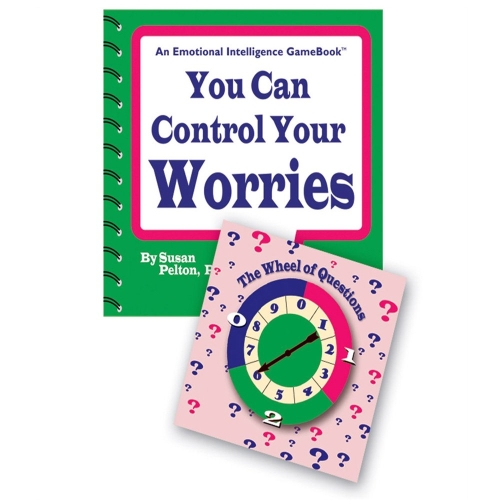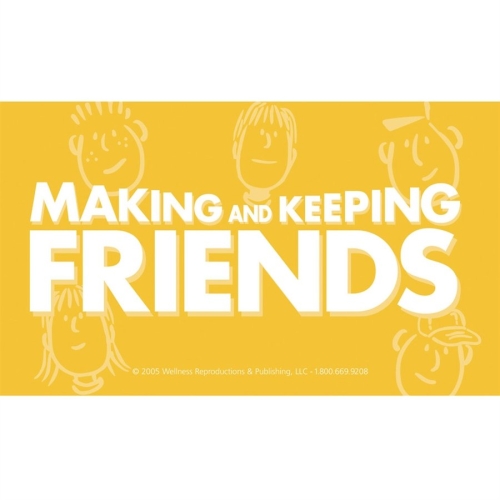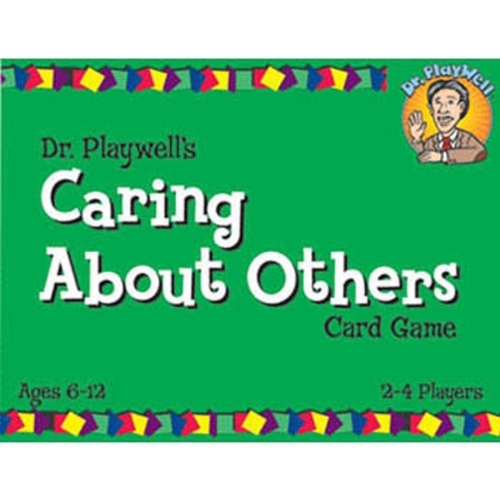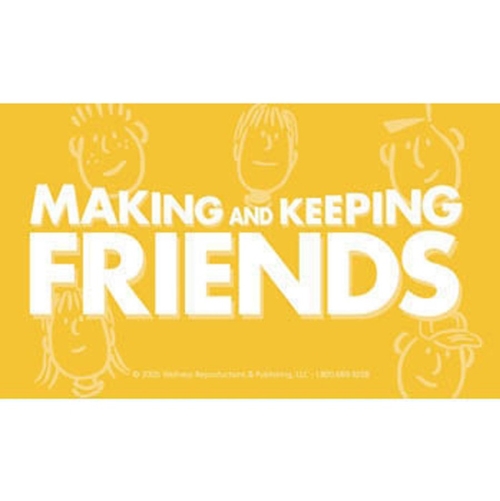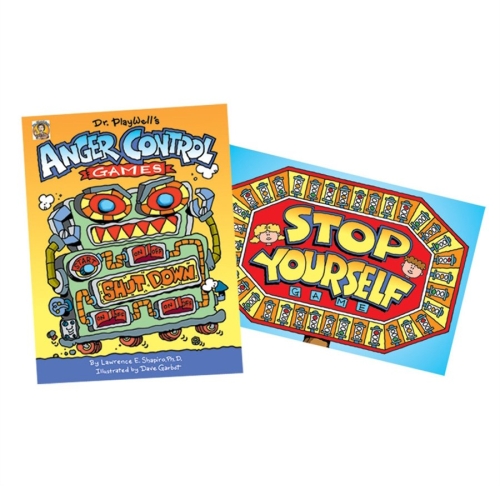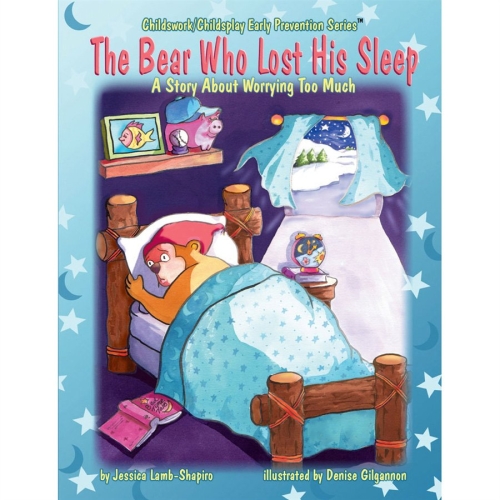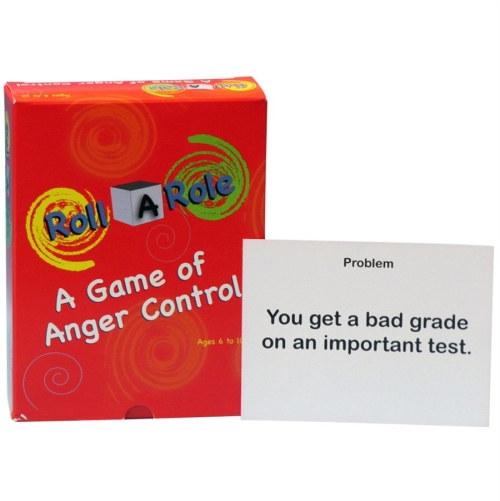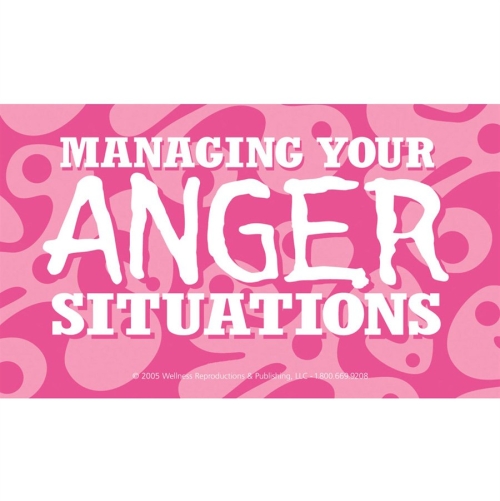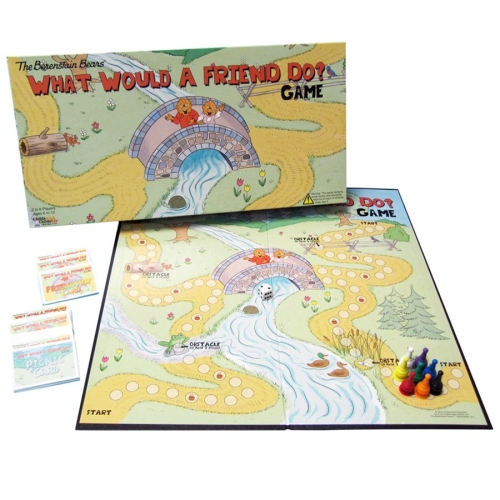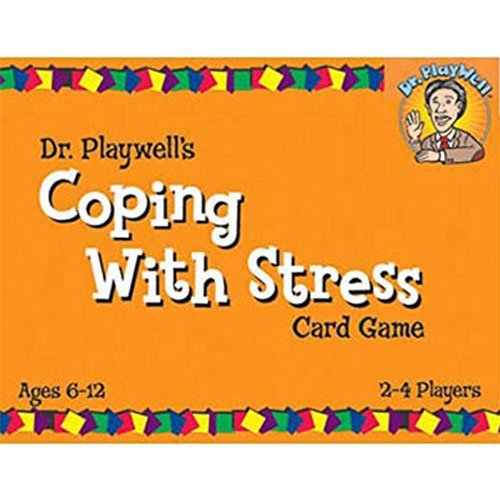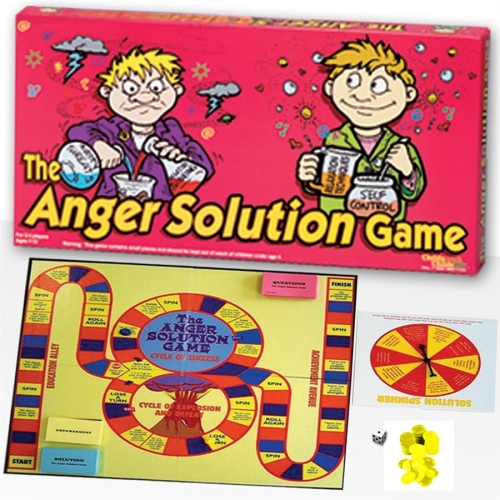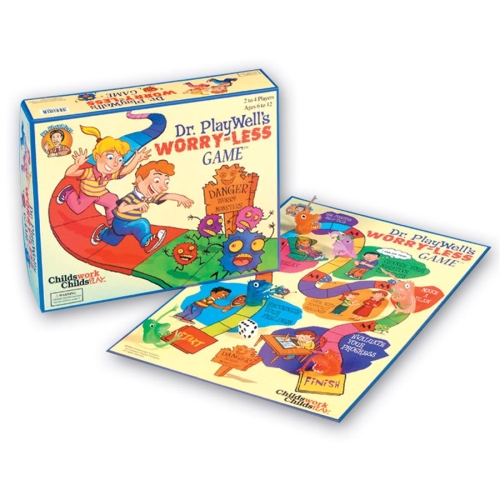-
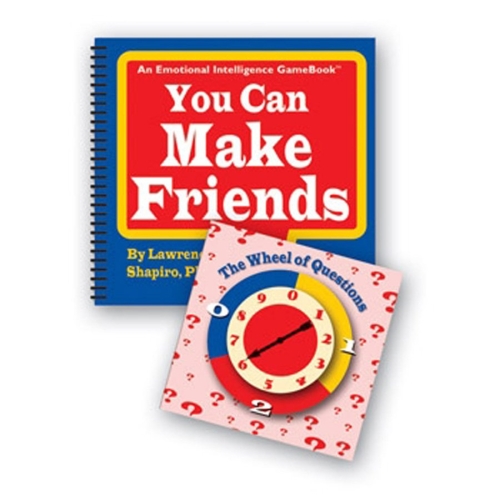
You Can Make Friends
$21.59Teaches techniques for building better social skills. -
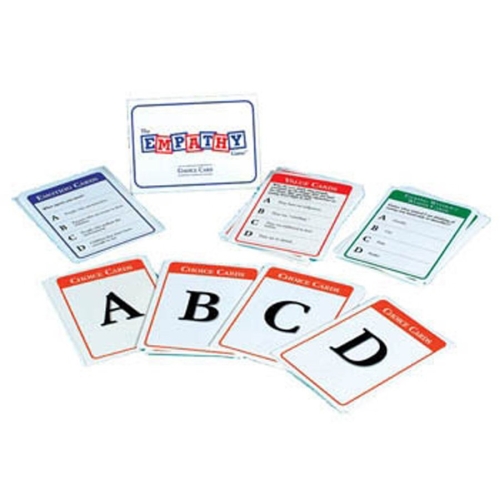
The Empathy Card Game
$22.49Game helps children learn emotional intelligence. -
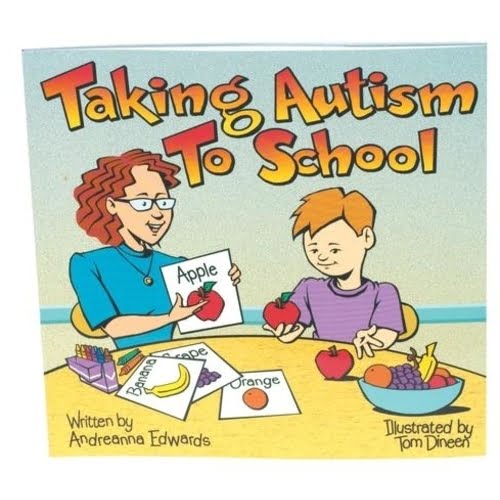
Taking Autism to School Book
$12.36Helps children identify and empathize with peers with Autism. -
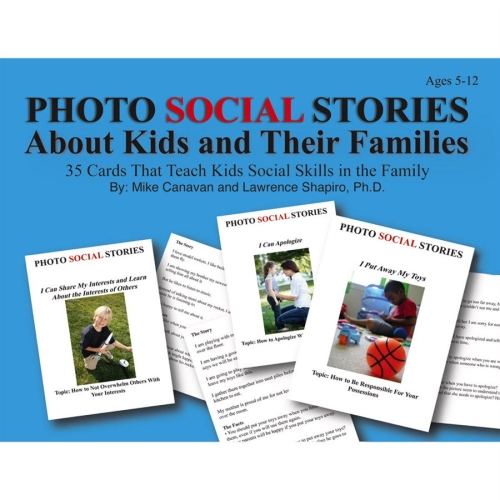 Created by Mike Canavan and Lawrence Shapiro, Ph.D. Based on a widely accepted technique developed by Carol Grey, each card presents a basic social concept that children need to learn to get along with family members. The stories help children pay attention to important social cues, to understand the perspective of others, and to respond appropriately in social situations. Each story is followed by bulleted highlights and a set of interactive questions to stimulate discussion.The photographs on each card were selected to provide children with a visual understanding of the challenges in getting along with others.
Created by Mike Canavan and Lawrence Shapiro, Ph.D. Based on a widely accepted technique developed by Carol Grey, each card presents a basic social concept that children need to learn to get along with family members. The stories help children pay attention to important social cues, to understand the perspective of others, and to respond appropriately in social situations. Each story is followed by bulleted highlights and a set of interactive questions to stimulate discussion.The photographs on each card were selected to provide children with a visual understanding of the challenges in getting along with others. -
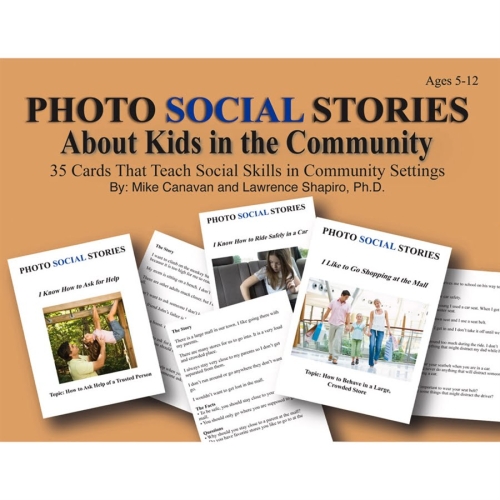 Written by Lawrence E. Shapiro Ph.D. Photo Social Story Cards are a tool for teaching social skills to young children. The goal of the cards is to increase a child's understanding of typical social situations and to make him/her more comfortable in the social world. Simple stories, illustrated with concrete photographs, teach children how they are expected to act in typical social situations. Each story is followed by bulleted highlights and a set of interactive questions. The photographs provide an illustration of the story for children who learn more visually. These stories are geared toward elementary school children but can also be useful for older children with more basic social skill needs. These cards can be used with an individual child or with a group of children.
Written by Lawrence E. Shapiro Ph.D. Photo Social Story Cards are a tool for teaching social skills to young children. The goal of the cards is to increase a child's understanding of typical social situations and to make him/her more comfortable in the social world. Simple stories, illustrated with concrete photographs, teach children how they are expected to act in typical social situations. Each story is followed by bulleted highlights and a set of interactive questions. The photographs provide an illustration of the story for children who learn more visually. These stories are geared toward elementary school children but can also be useful for older children with more basic social skill needs. These cards can be used with an individual child or with a group of children. -
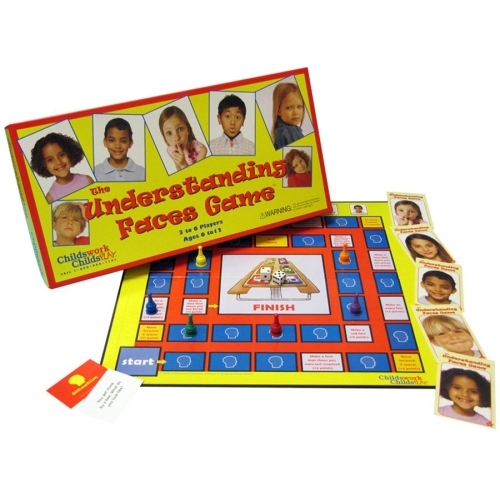
The Understanding Faces Game
$53.89Helps children that have difficulty reading emotions. -
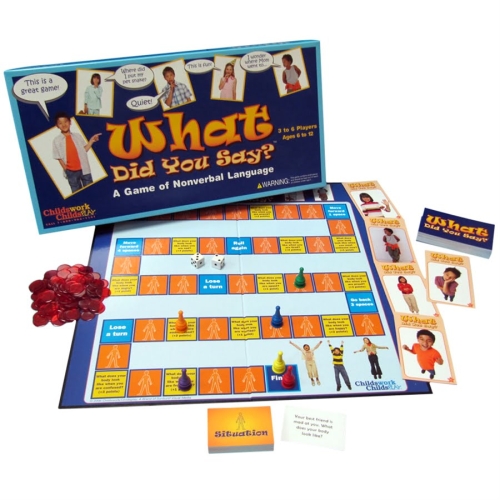
What Did You Say?
$53.89Teaches children to be aware of body language. -
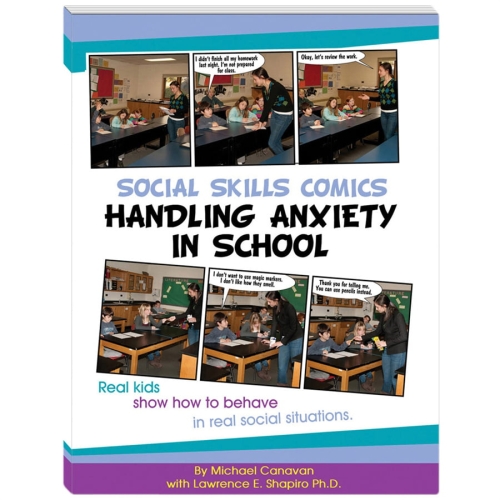
Handling Anxiety in School
$29.39Fun way to learn social skills. -

Sing Song Yoga Book with DVD and CD
Rated 5.00 out of 5$39.19Children's Yoga program. -
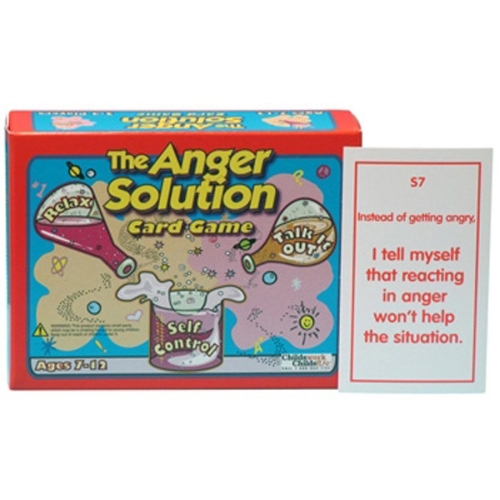
The Anger Solution Card Game
$23.49Children learn to control their behavior responses to anger.

